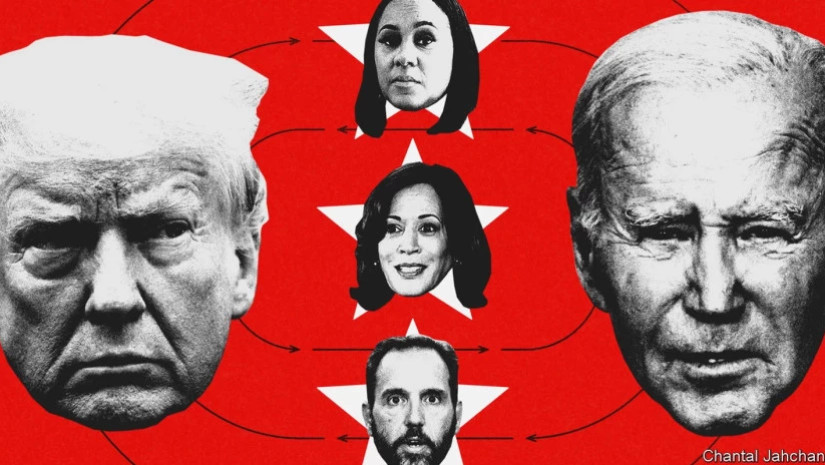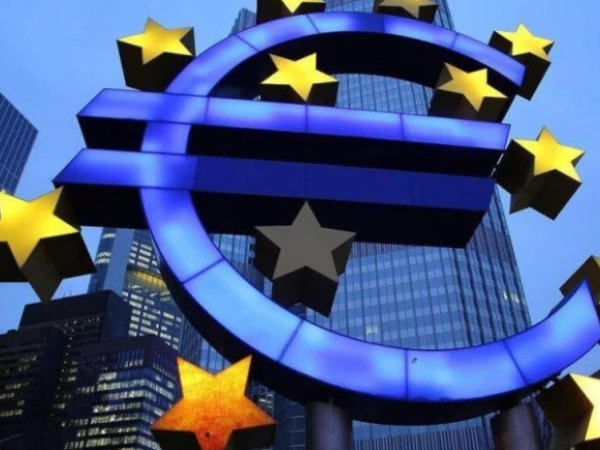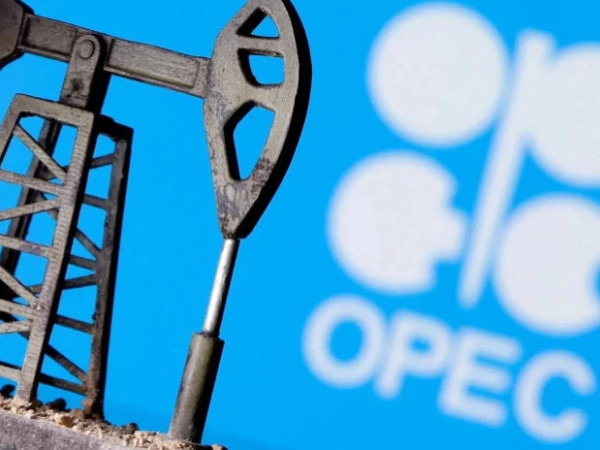2024 will be the biggest election year in history. More than 60 countries representing half the world’s population will go to the polls in 2024, with an estimated 4 billion people voting in presidential, legislative, and local elections. Those elections will range from the massive — India’s multi-day legislative elections (the largest in the world) and Indonesia’s presidential poll, the world’s biggest single-day vote — to tiny North Macedonia’s presidential election.
2024’s elections will include polls that will be free and aboveboard, like Iceland’s presidential election, which will be held in the world’s third most democratic country, according to the Economist Intelligence Unit. Then there are the countries with somewhat less free elections, like North Korea. (North Koreans have a choice when they go to the polls in the same way that my son has a choice between “cereal” and “cereal” for breakfast.) In between will be most of the rest of 2024’s elections, including the US presidential election, where the winner of the popular vote actually lost the election two out of the last six campaigns.
The stakes for 2024’s democratic contests will be enormous — not just for the countries going to the polls, but for the world as a whole.
While more people in 2024 will be exercising the most fundamental act in a democracy — voting — democracy itself has rarely felt more vulnerable. As the Nobel Peace Prize laureate and investigative journalist Maria Ressa told Politico recently: “We will know whether democracy lives or dies by the end of 2024.”


















